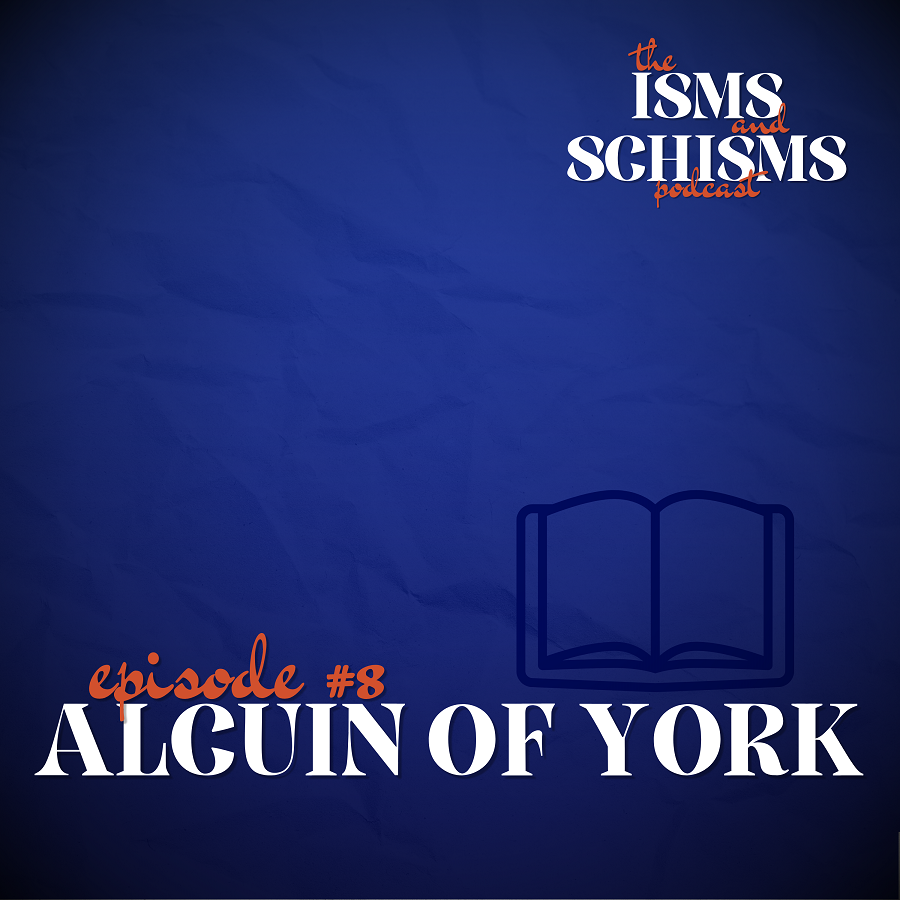
Before we get into Alcuin of York, let’s step back and understand the context. Frankia – much of what is modern day France, Germany, and Italy – was ruled by the Carolingian dynasty (who took it from the Merovingians, who took it from the Romans, who took it from the local indigenous groups).
Charles inherited the throne in 771, a warrior king who would be given the title ‘Great’. Charles the Great = Charles Magnus = Charlemagne. He sought to revive the glory of the Roman Empire.
Charlemagne conquered great swathes of land, giving some land back to the papacy and so understood himself as the defender of the Christian faith. He took this charge very seriously. But his strategy was force and brutality. All must be baptised into the Christian faith, if they wanted to keep their heads attached to their bodies.
He twisted the Pope’s arm and had himself crowned emperor (like the old Roman emperors) of the Holy Roman Empire on Christmas Day (symbolism) of the year 800, by the Pope at St Peter’s Cathedral in Rome.
Now, Alcuin was born in York in 735. York had become a place of education and Alcuin became a teacher. He joined his mentor on trips to Europe, where he met Charlemagne, who invited Alcuin to be an advisor in his court. So Alcuin moved to Aachen.
Alcuin wrote to Charlemagne and convinced him to stop the brutal conversion tactics. Instead, people should persuaded through gentle teaching; “A person can be drawn into the faith, not forced into it.”
And it worked. Charlemagne heeded Alcuin’s advice and the policy of forced conversions and the threat of execution were removed.
Charlemagne also launched a huge educational reform, known as the Carolingian Renaissance. Alcuin was one of the key leaders of this renaissance. Schools were established that taught both boys and girls of people of any social status (except slaves).
Alcuin also emphasized handwriting and was involved in the creation of the Carolingian miniscule (the type of writing that Times New Roman is based on). He also came up with things like the full stop and the question mark, to make reading easier.
Several thousand books were produced, possibly more, and the influence of this renaissance was immense. This program of education set the standard for the next thousand years and the early universities owe their existence to these educational reforms.
For Alcuin, education was absolutely key to improving the lives of ordinary people. It was not just for the elite, but for everyone, and was about giving people a sense of autonomy and confidence. Of course, it was also about the ability to learn about God and experience Jesus in deeper ways. For Alcuin, social reform began in education and making it readily available to anyone and everyone.


Leave a comment